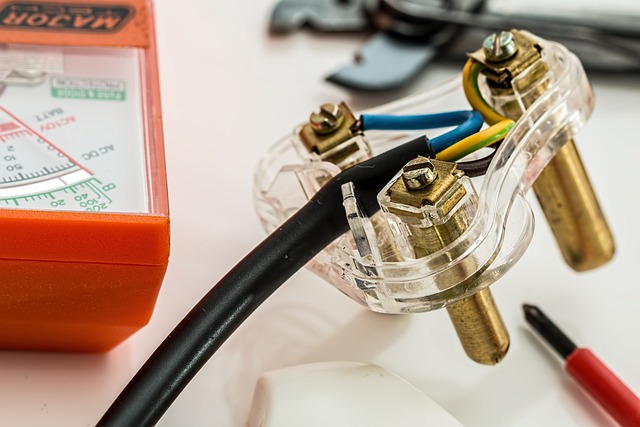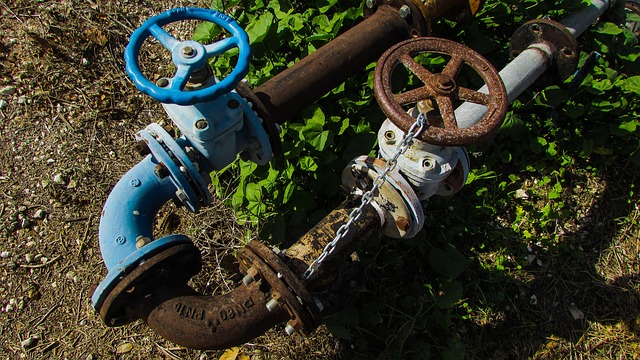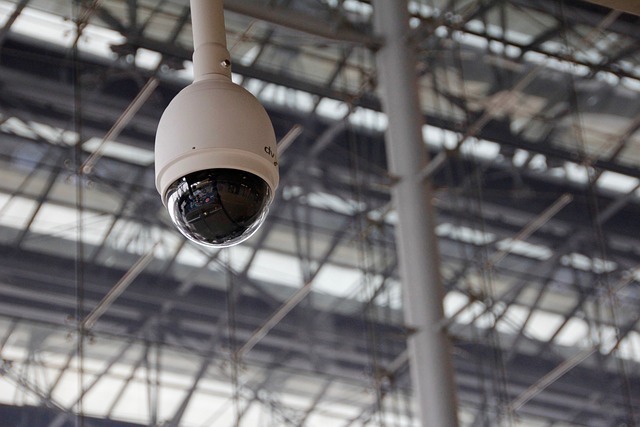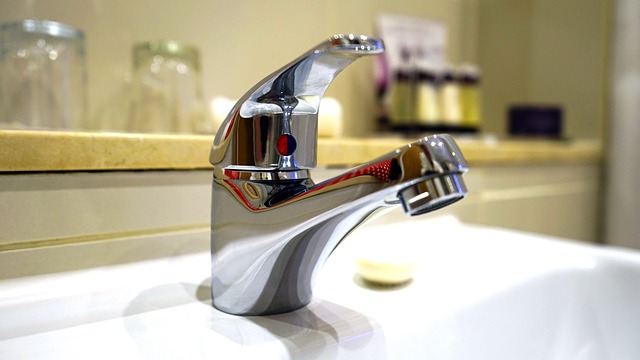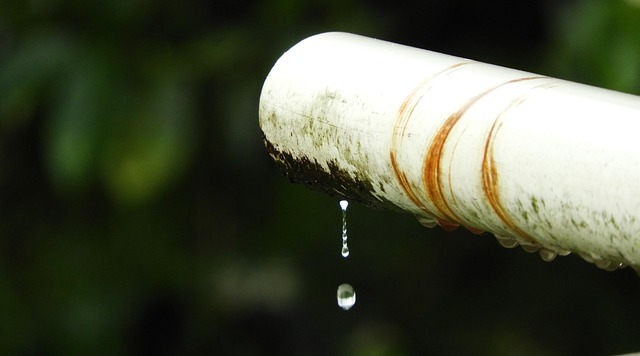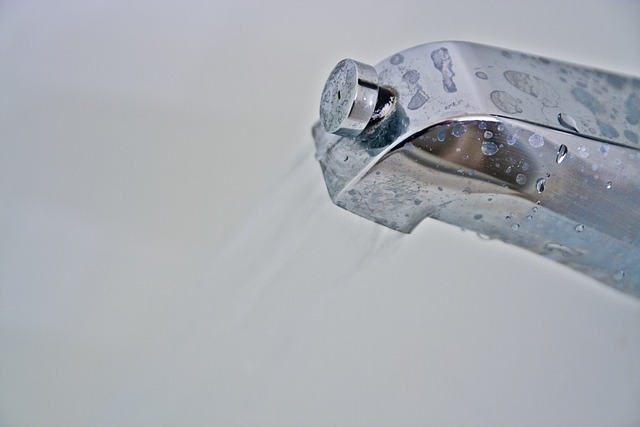Regular plumbing inspections (1-2 yearly) are crucial for leak prevention and maintaining efficient water systems. Professionals check water pressure, assess fixture conditions, and offer advice on replacing outdated fittings to save money and conserve water. Early detection of issues through these checks can prevent minor problems from escalating into costly major leaks or breakdowns, ensuring peace of mind and protecting home investments.
Maintaining a well-functioning plumbing system is essential for any home or business. Regular plumbing check-ups are not just a preventive measure; they’re a crucial investment in your property’s longevity and efficiency. This article guides you through the significance of proactive plumbing maintenance, offering insights on regular inspections, leak prevention strategies, and comprehensive plumbing care. Learn how to preserve water pressure, remove sediment buildup, replace outdated fixtures, and more—all vital steps towards avoiding costly repairs.
- Why Regular Plumbing Inspections Are Essential
- – The importance of proactive plumbing maintenance
- – Identifying potential issues early on
Why Regular Plumbing Inspections Are Essential
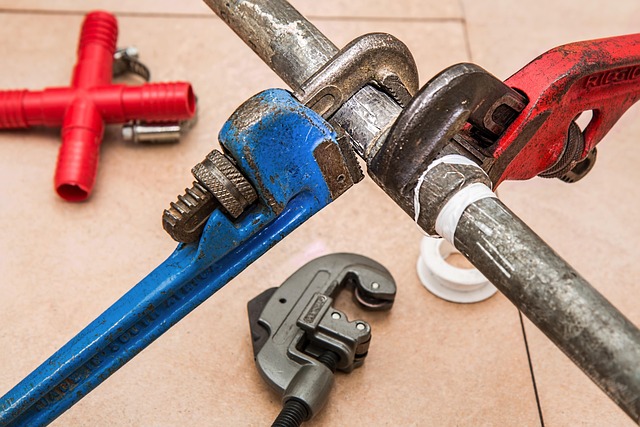
Regular plumbing inspections are a vital part of home maintenance that many homeowners overlook. These check-ups play a crucial role in ensuring your plumbing system remains efficient, safe, and free from costly surprises. By scheduling routine inspections, you can catch potential issues early on, preventing minor problems from turning into major leaks or breakdowns. Preventive measures like these are key to leak prevention, which can save you from extensive water damage and high repair bills.
During a regular plumbing inspection, professionals can assess various aspects of your system, including water pressure, sediment buildup in pipes, and the condition of fixtures. They can also provide valuable advice on when to replace old or outdated fittings, improving both functionality and water conservation. This proactive approach to plumbing maintenance tips not only extends the lifespan of your plumbing but also offers peace of mind, knowing that your home’s water supply is in reliable hands.
– The importance of proactive plumbing maintenance

Proactive plumbing maintenance is an often-overlooked aspect of home ownership, yet it’s a crucial element in ensuring your home remains in top condition and avoiding costly repairs. Regular inspections by professional plumbers can help identify potential issues before they turn into major problems. For instance, regular check-ups can prevent leaks from becoming devastating water damage incidents or high utility bills. Plumbers can also offer valuable plumbing maintenance tips on maintaining optimal water pressure, a key comfort factor in any home, and removing harmful sediment buildup that can impact the performance of your fixtures.
Moreover, scheduling these routine visits allows for early detection of problems with fixtures, from worn-out faucets to outdated or inefficient toilets. Promptly addressing such issues can save you money on replacement costs and contribute to a more sustainable home environment through improved water efficiency. By prioritizing regular inspections and implementing effective plumbing maintenance tips, homeowners can protect their investments and enjoy the benefits of reliable, efficient plumbing systems.
– Identifying potential issues early on
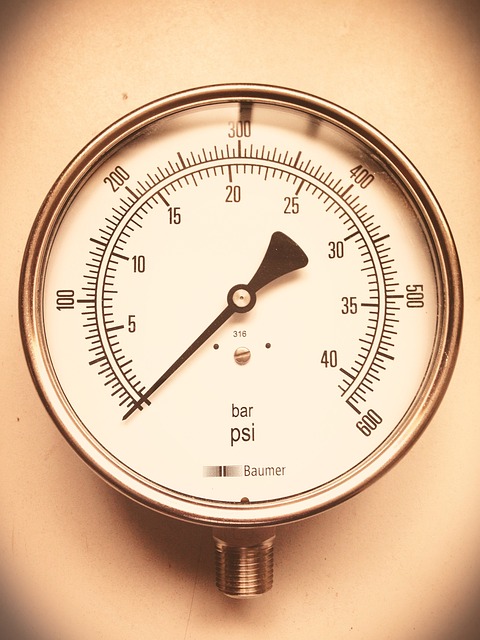
Regular plumbing inspections are a crucial aspect of maintaining a smooth-running and efficient plumbing system in your home or business. By scheduling routine check-ups, you can catch potential issues early on, preventing more serious and costly problems down the line. During these visits, professional plumbers can assess various components of your plumbing, including water pressure, pipes for leaks, and fixtures for proper functioning and wear and tear.
Early identification of problems allows for effective leak prevention, which is a key component of plumbing maintenance tips. Sediment removal is another benefit; buildup in pipes can reduce water flow and cause damage over time. Regular inspections also help to identify when fixtures might need replacement, ensuring you stay ahead of any potential disruptions to your daily routines.
